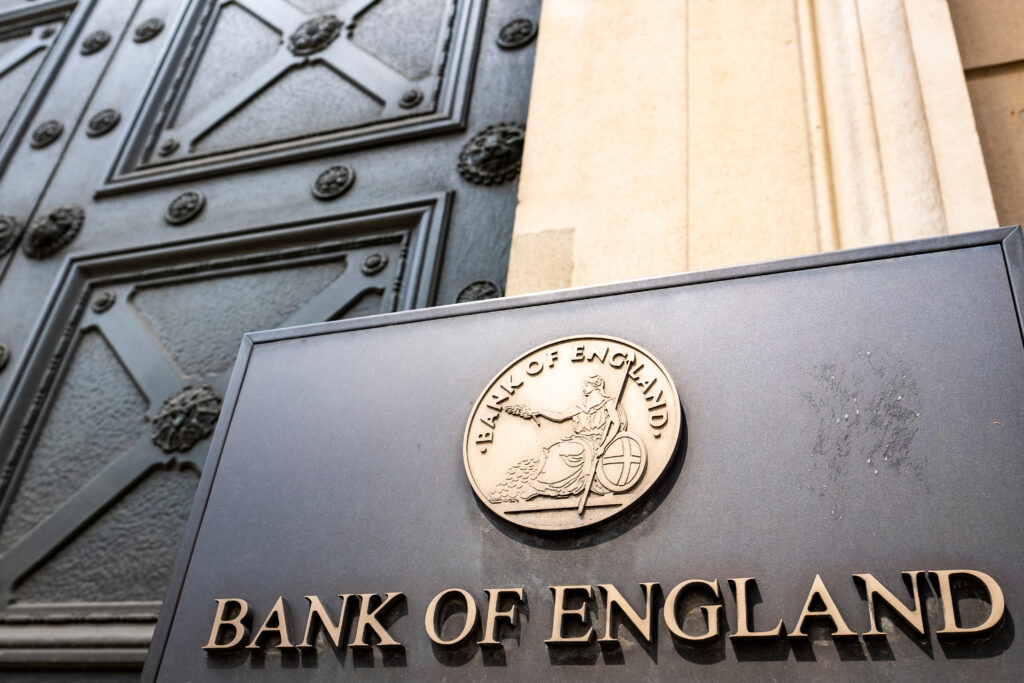Andrew Bailey is under pressure from former Bank of England policymakers to ease government borrowing costs by scaling back the central bank’s bond-selling programme.
With Britain’s long-term borrowing costs at their highest in 27 years, four ex-members of the Bank’s monetary policy committee (MPC) have warned that the £100bn annual programme of quantitative tightening (QT) risks driving gilt yields even higher.
The Bank began unwinding its £895bn crisis-era bond holdings last year and has already sold about £100bn. It still holds around £560bn, much of it at a loss. Markets expect disposals to fall to about £70bn over the next 12 months, but former MPC members argue active sales should be halted altogether in favour of passive QT, where only maturing bonds are allowed to expire.
Michael Saunders, now at Oxford Economics, said current conditions made further large sales undesirable. Sushil Wadhwani, another former MPC member, urged a full stop to active sales, warning that rising 30-year yields risk undermining investor confidence in the UK economy.
The calls come ahead of the Bank’s interest rate decision this week, when it is expected to hold the base rate at 4%. Chancellor Rachel Reeves is also preparing for a difficult autumn budget on 26 November, with borrowing costs already straining Treasury finances.
The IPPR thinktank estimates that halting active sales could save the Treasury more than £10bn annually. However, the Bank stresses its priority is controlling inflation, not easing fiscal pressures.
Andrew Sentance, another ex-MPC member, said reducing QT would be consistent with monetary goals but warned Reeves not to expect relief from Threadneedle Street: “The job of the Bank is not to make the chancellor’s life easy. Its job is to control inflation.”


